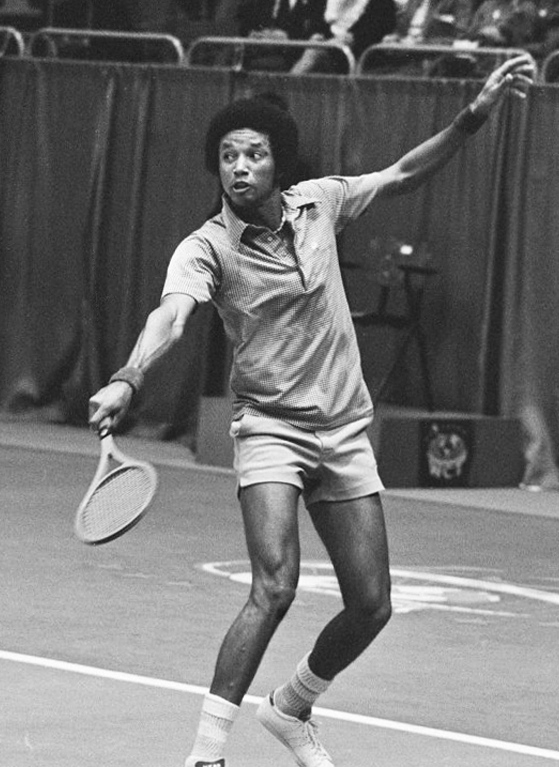
Introduction
Arthur Ashe is a name synonymous with excellence in tennis and profound social change. As the first African American to win the men’s singles title at the US Open in 1968, Ashe broke through racial barriers in a predominantly white sport. His contributions extend beyond the courts; Ashe was also a vocal advocate for civil rights and HIV/AIDS awareness, making his legacy relevant in both sports and social justice.
Early Life and Career
Born on July 10, 1943, in Richmond, Virginia, Ashe began playing tennis at a young age. Despite facing racial discrimination, he emerged as a top player, eventually earning scholarships to play at notable institutions such as UCLA. Ashe won three Grand Slam titles during his career: the US Open in 1968, the Australian Open in 1970, and Wimbledon in 1975. His playing style, characterized by a powerful serve and keen strategy, set him apart from his opponents.
Advocacy and Activism
Off the court, Ashe was a notable civil rights advocate. He used his platform as a successful athlete to address social issues. Ashe was particularly active in promoting equal rights and opportunities for African Americans and worked with organizations like the American Civil Liberties Union. His commitment to social justice continued until his untimely death in 1993 due to complications from HIV/AIDS, which he contracted through a blood transfusion.
Significance and Impact
Ashe’s legacy is preserved not only in his achievements but also through initiatives that honor his work. The Arthur Ashe Courage Award for Sportsmanship, presented at the ESPYs, recognizes individuals who demonstrate courage and humanity. Furthermore, the Arthur Ashe Learning Center provides educational resources focused on his ideals of social justice and equality.
Conclusion
Arthur Ashe remains an enduring symbol of perseverance and social responsibility. His journey from a young boy in Virginia to a global sports icon demonstrates the power of sport to inspire change. As the tennis world continues to evolve, Ashe’s contributions to both athletics and civil rights serve as a reminder of the ongoing struggle for equality. Today, more than ever, his legacy encourages current and future generations to advocate for social justice and excellence, both on and off the court.



